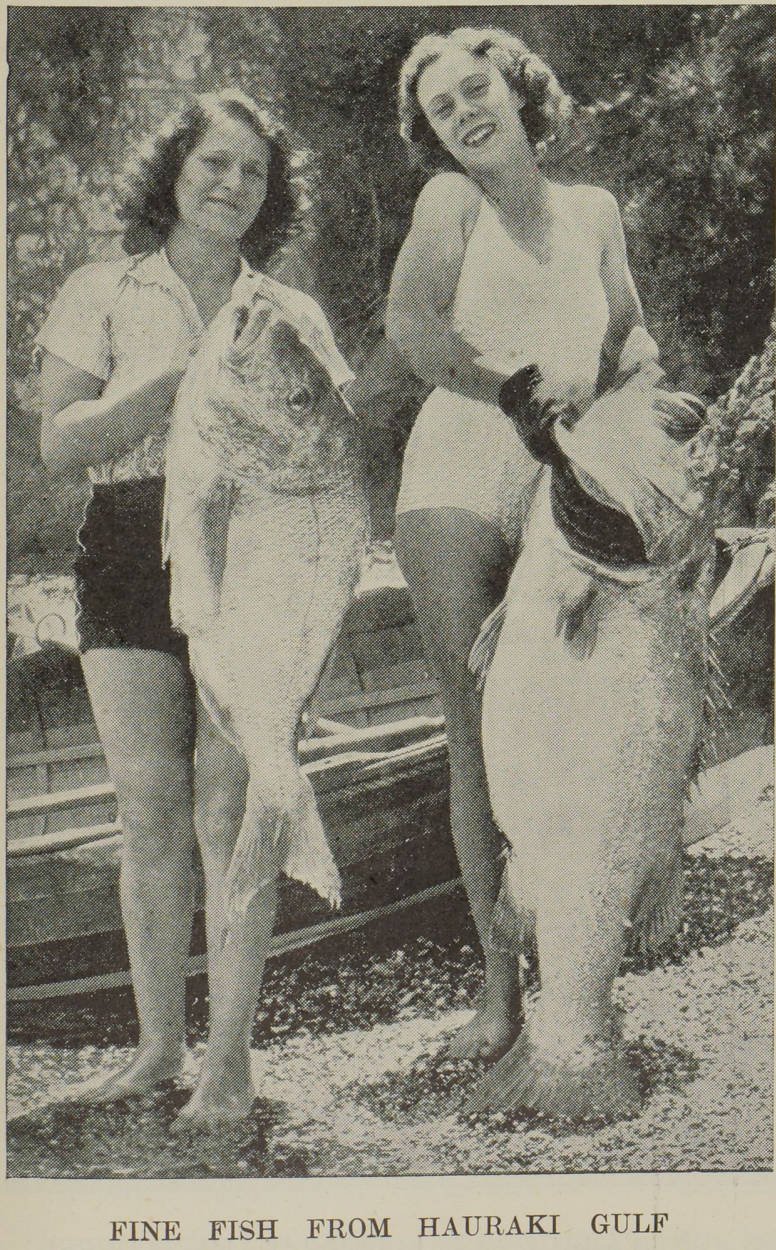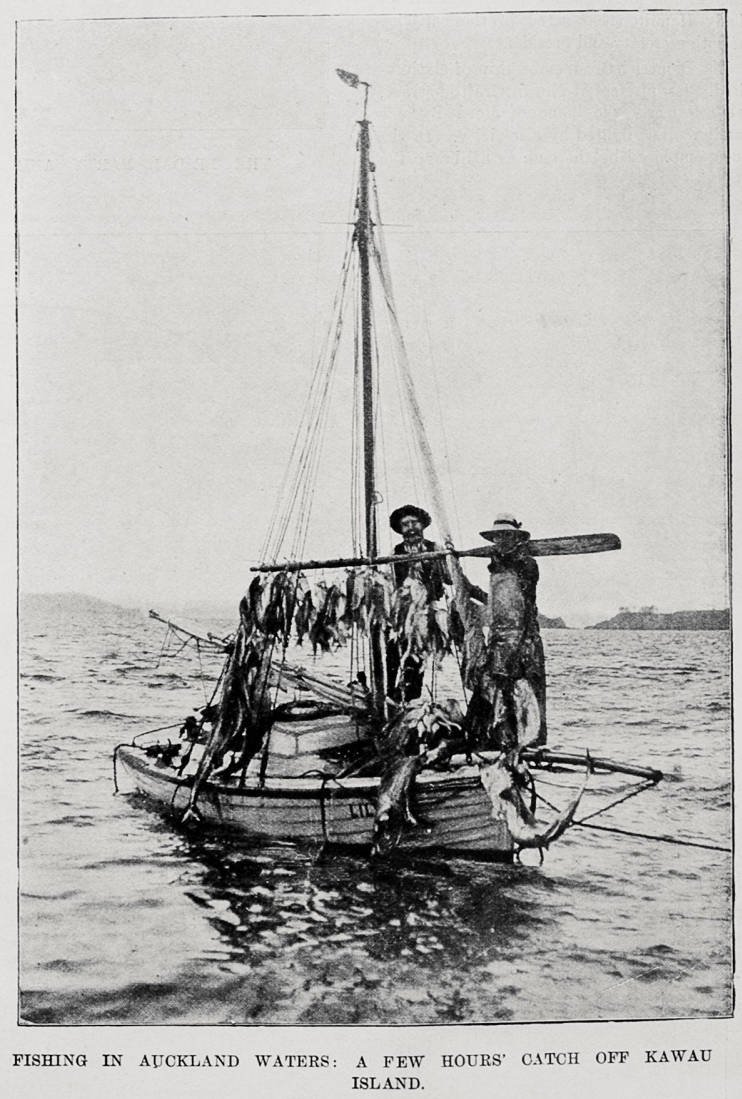They didn’t know: abundance in the time of wooden boats
Sustainability is a big topic in these times. But life was very different for Aucklanders through the days of wooden boats. They lived in a time when natural resources were abundant.
Make it stand out
e.
Well known sailor and marina manager Kevin Lidgard recounts some memories of growing up on Kawau Island:
“On a typical morning we would get up when the tide was in early and put the flounder net down. While it was doing its job, we’d go out for a snapper fish. Then we’d come back, take up the net, and smoke the fish, which my grandparents traded for eggs, meat and all sorts of services.”
He said it wasn’t uncommon to return from the day’s fishing only to find his grandmother had already caught all they needed from the front of the house while she was home baking.
“Once she caught a 60lb kingfish out of the front window of the lounge. She cast her rod out, pulled it up on the beach. We came home to find we had to fillet and steak this big kingfish.”
He says his grandparents would pull up bountiful quantities of hapuka from Shearer Rock, near Tiritiri Matangi.
Today hapuka is considered a deep-sea fish, but it is clear it wasn’t always that way.
“I wouldn’t think anyone has caught a hapuka at Shearer Rock in thirty years.”
He says they would eat some, give some away, and bury the rest around the fruit trees.
“They didn’t know. They had no idea how they were affecting the future for the rest of us.”
Photo credits:
Top: Netting garfish in one of the bays of Kawau Island in 1918 / Auckland Libraries Heritage Collections AWNS-19180117-39-06
Above Left: Two Auckland ladies holding a large schnapper and hapuka, caught on Flat Rock, Kawau Island in the 1940s. Auckland Libraries Heritage Collections AWNS-19410212-31-04
Above right: Fishing in Auckland waters: A few hours' catch off Kawau Island in 1901 Auckland Libraries Heritage Collections AWNS-19010503-08-03



